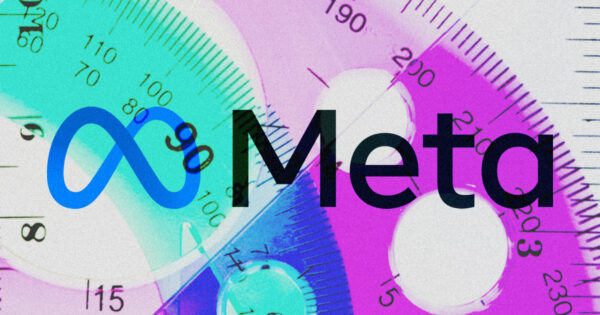
Join the experts at Mediaweek, October 29-30 in New York City. Stay ahead of the shifts impacting the media landscape and gain fresh strategies to drive platform growth. Save 20% on passes.
Meta is making a change to its advertising algorithm that will make the platform temporarily look like it’s performing worse for some advertisers. The change could raise ad prices but also increase advertisers’ trust in the fidelity of Meta’s ad systems, ADWEEK has learned.
The change affects conversion campaigns where a marketer wants someone to make a purchase. Meta will now give more weight to the conversions occurring one day from when a user first clicks, specifically looking at the one-day conversion window. A conversion window is the time between when a user sees an ad and completes an action.
Shorter conversion windows are harder for platforms like Meta because they have less time to prove their ads worked. With longer conversion windows, like a seven-day window, there is more likelihood that a user purchased for reasons outside of the ad.
Previously, the algorithm behind conversion campaigns was equally weighted toward all lengths of conversion windows.
“This ads ranking change will more heavily favor 1 day click conversions, whereas previously, all attribution windows were weighted evenly,” according to a note digital agency Wpromote sent its clients about the change, which was seen by ADWEEK. “From early testing, Meta has seen an average 30% improvement to Meta-attributed conversions in third-party analytics tools. However, this also means that Meta’s in-platform data will be impacted, with the likelihood of decreased conversions reported, along with potentially higher CPAs and CPMs.”
With more conversions only counted by Meta if they happened within one day of seeing the ad, advertisers might see fewer conversions reported for a given campaign than they did previously. Ad prices also might be higher because the change will cause Meta to target a smaller pool of users, looking for those who are more likely to convert in one day.
Advertisers who hadn’t already been optimizing for one-day conversion windows or who sell luxury products with longer purchase windows are more likely to see ad performance decline, said Darren D’Altorio, vice president of social media at Wpromote.
The change is significant because Meta typically doesn’t tell advertisers much about how its algorithm works. Brands have also recently been increasingly skeptical of how Meta measures its ads, ADWEEK has reported.
“We are super excited about these updates,” D’Altorio said. “This is an exciting update for performance advertisers who validate results with third-party measurement tools (which most do) and illustrates that Meta consistently leads the pack as it relates to adtech innovation.”
Separately, Meta announced a slew of changes on Aug.14 to its ad system around how it optimizes and measures conversions. The greater weighting of the one-day attribution window is not directly mentioned in Meta’s blog post, though it was part of how these changes were explained to advertisers, according to D’Altorio.
“With today’s updates we expect advertisers, especially those who use third-party analytics tools, to see improvements in Meta-attributed conversions,” a Meta spokesperson said in response to questions about the role of the one-day attribution window in its ads algorithm. “As the holiday season approaches, our goal is to continue to help improve advertiser performance and deliver more of the results they value.”

